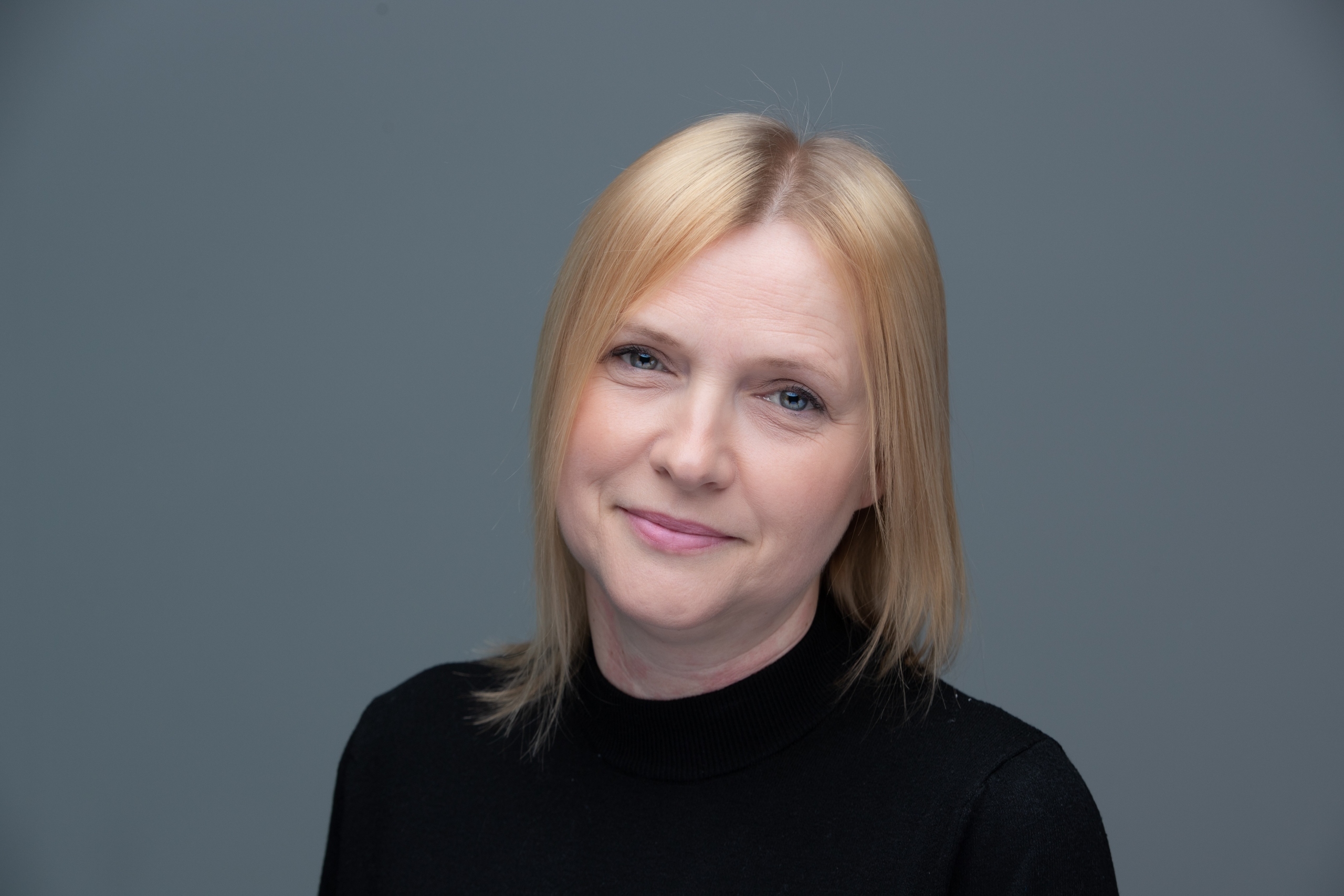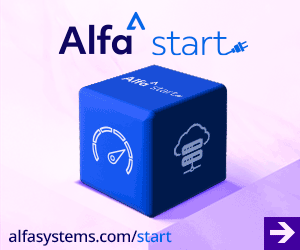
In a speech at the European working meeting of the Artificial Intelligence Action Summit, European Commission President Ursula von der Leyen highlighted Europe’s potential to lead in AI innovation while emphasising the importance of collaboration and investment.
Addressing fellow leaders and representatives of European industries, von der Leyen acknowledged Europe’s position as one of the largest digital markets globally, delivering high-quality and safe products across various sectors. She emphasised Europe’s role in providing clean energy and life-saving vaccines during the COVID-19 pandemic, and expressed confidence in Europe’s ability to excel in AI.
Von der Leyen praised the booming start-up scene in Europe, noting a tenfold increase in the number of AI unicorns in recent years. She highlighted Europe’s unique industrial base and wealth of data, stressing the need to leverage these assets effectively.
To this end, von der Leyen introduced the concept of “AI factories,” where top scientists and start-ups have access to world-class supercomputers to develop cutting-edge AI technologies. She announced the establishment of 12 AI factories, with seven already operational and five in progress, marking the largest public investment in AI globally.
The President also underscored the importance of collaboration between industries and the public sector to train AI with high-quality data. She mentioned innovative companies like Mistral and Helsing, which are developing AI applications tailored to specific business needs, such as customer service, intelligent drones, and managing commercial fleets.
Von der Leyen announced plans to launch AI Giga-factories, large-scale data and computing infrastructures to train massive AI models. She noted that, “Similar projects have also been announced in the US, by leading AI players. But with our European Gigafactories, computational power won’t be a monopoly of a few. It will be a service accessible to all.”
She compared this initiative to CERN, the European Organisation for Nuclear Research, which has fostered numerous breakthrough innovations, including the World Wide Web.
The President emphasised that Europe’s approach to AI should focus on collaboration rather than competition, leveraging its tradition of pooling knowledge and sharing research. She highlighted the importance of making AI sustainable and accessible to all, ensuring that computational power is not monopolised by a few entities.








